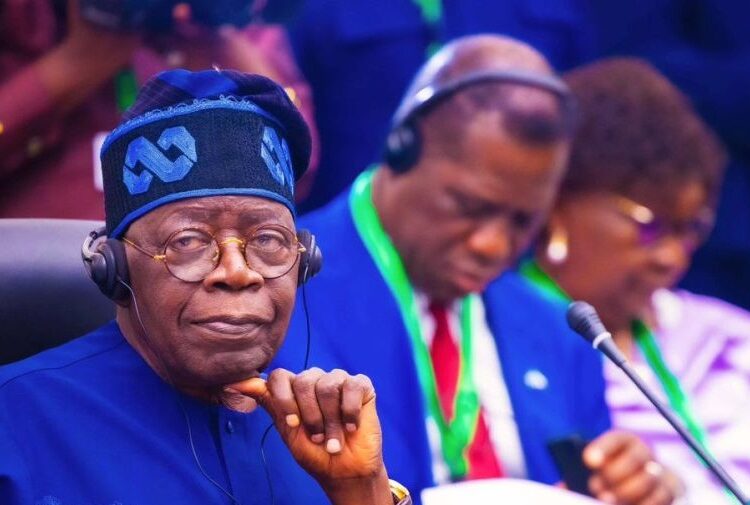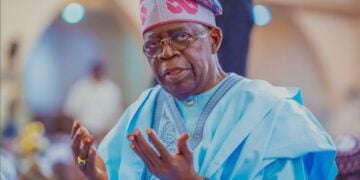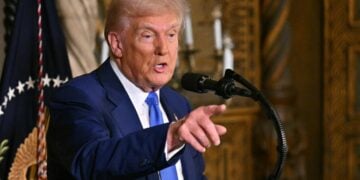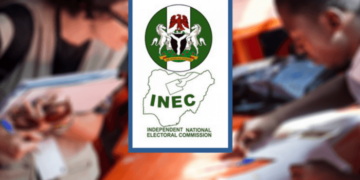The absence of ambassadors in Nigeria’s foreign missions for nearly two years is given Nigerians a cause for concern. The role of ambassadors and high commissioners in representing the interests of their countries cannot be understated. Nigeria’s voice has been significantly weakened globally without these appointed officials.
The absence of ambassadors is taking a tremendous toll on the nation’s diplomatic presence and relations. It has been nearly two years since President Bola Ahmed Tinubu assumed office as Nigeria’s president, he is yet to fill those high level diplomatic vacancies.
The absence of ambassadors and high commissioners has affected Nigeria’s diplomatic relations with other countries and negatively impacted foreign businesses and investments in the country. These officers play a crucial role in promoting trade and investment opportunities for their countries and without their presence, potential investors may be hesitant to engage with Nigeria.
The delay has raised concerns about the administration’s foreign policy direction. The Presidency has attributed the delay to the time-consuming nature of such appointments, citing that the Buhari administration took 20 months to finalise ambassadorial postings.
But this excuse, in our opinion, is laughable just as the matter is serious indeed.
Instead of rationalising delays by referencing the previous administration’s 20-month time frame, the Tinubu administration should recognise that global geopolitics do not pause for bureaucratic inertia. Other African nations, including South Africa and Egypt, have demonstrated greater agility in their diplomatic appointments, ensuring their missions remain actively engaged in shaping international policies.
There were reports last month that the federal government may have drawn up a list of ambassadorial nominees who were undergoing security checks by the Department of State Services (DSS) and other relevant agencies before their official appointments would be announced. According to the reports, the delay in releasing the ambassadorial list followed a year-long diplomatic postings gap after Nigeria’s ambassadors’ recall. The official list was expected to be released by the end of April.
It was also said that the federal government had completed vetting nominees for ambassadorial roles, with 109 missions: 76 embassies, 22 high commissions, and 11 consulates globally awaiting official appointments.
We are in May now, yet there is no news of an ambassadorial list. The National Assembly has yet to receive any correspondence on the matter from Mr President.
The absence of duly appointed ambassadors in key embassies and high commissions diminishes Nigeria’s global standing and restricts its ability to leverage commerce, security, and cultural diplomacy opportunities.
The role of ambassadors extends far beyond ceremonial representation; they serve as the principal custodians of a nation’s interests, facilitating bilateral engagements, trade negotiations, and security cooperation. Nigeria’s diplomatic posture weakens without them, rendering its missions ineffective in navigating international relations. Though necessary as a stopgap measure, the continued reliance on interim officials such as chargés d’affaires and consuls general does not compensate for the strategic influence wielded by fully accredited ambassadors.
Again, the delay in ambassadorial appointments carries significant risks from a national security standpoint. In an era marked by transnational threats ranging from terrorism and cybercrime to illicit financial flows, Nigeria’s absence at key diplomatic tables limits its ability to shape global security dialogues.
The politicisation of foreign service appointments has historically weakened Nigeria’s diplomatic effectiveness. In many cases, the tradition of appointing ambassadors based on political patronage rather than expertise and diplomatic acumen has eroded the professionalism of the nation’s foreign service.
A competent diplomatic corps, built on meritocracy, ensures that national interests take precedence over partisan considerations. As history has shown, nations prioritising merit-based diplomatic appointments tend to wield greater influence on the global stage.
Furthermore, embassies and foreign missions are the face of the country, and without ambassadors to represent Nigeria, diplomatic representation is void. This absence undermines Nigeria’s credibility and influence in the international community.
The government must also prioritise appointing qualified and experienced individuals to represent Nigeria abroad. These ambassadors should be knowledgeable about international affairs, skilled in diplomacy, and committed to promoting Nigeria’s interests on the global stage.
The absence of ambassadors in Nigeria’s foreign missions is a critical issue that must be addressed urgently. The appointment of ambassadors is essential to strengthening Nigeria’s position among the comity of nations and promoting foreign investments. The government must take immediate action to fill these vacancies and ensure that Nigeria’s voice is heard globally.
We’ve got the edge. Get real-time reports, breaking scoops, and exclusive angles delivered straight to your phone. Don’t settle for stale news. Join LEADERSHIP NEWS on WhatsApp for 24/7 updates →
Join Our WhatsApp Channel










